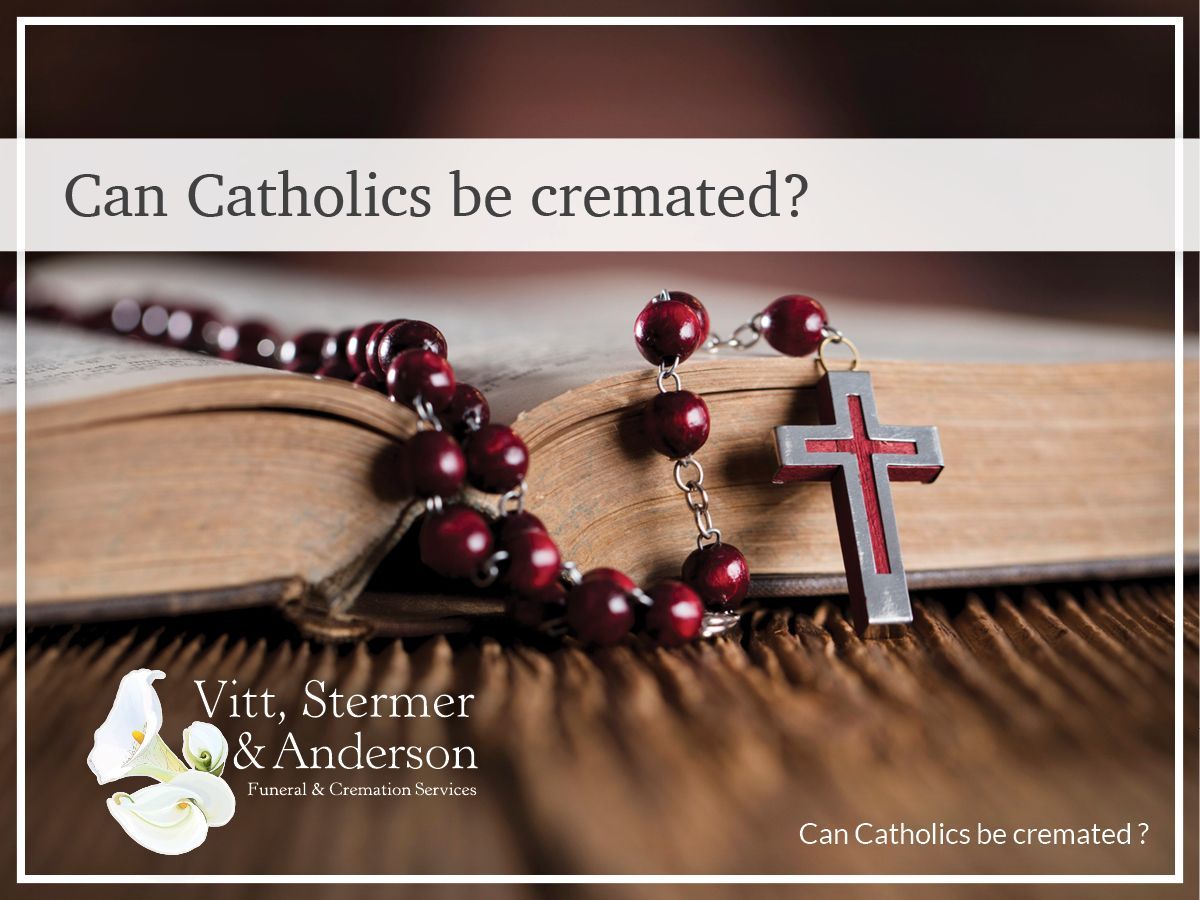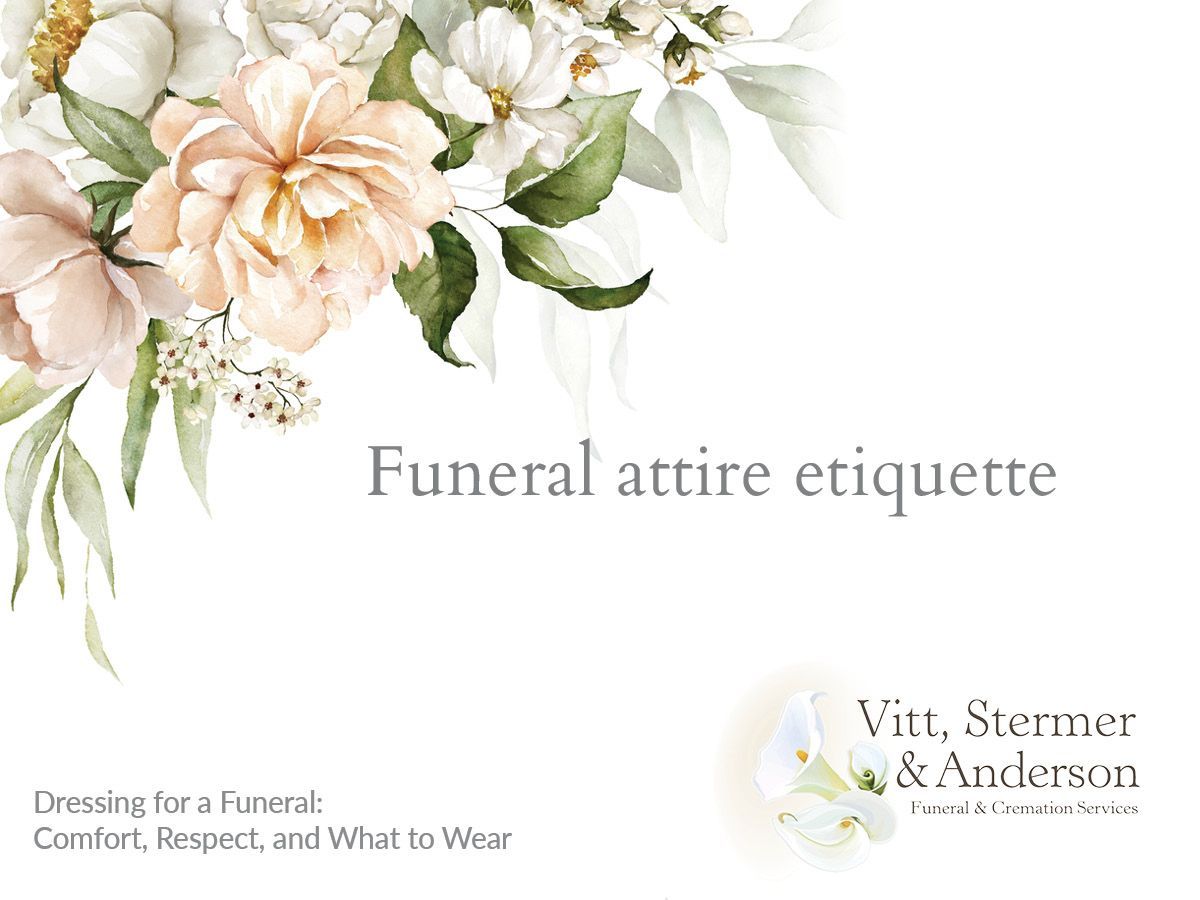Attention to Detail Matters in a Funeral Director
When you work with a funeral director, you’ll quickly find that they don’t just look at the big picture. They want to know details, from how you want your loved one to look to how you want some of their most precious items to be featured. Here are just a few of the details that a funeral director needs to know to ensure that they plan a funeral that’s perfect for your loved one.
Details Your Funeral Director Needs to Know
1. How your loved one styled their hair and makeup
Your funeral director is in charge of ensuring that your loved one looks like themselves on the day of their funeral. Though they might not be the one doing the hair and makeup for your loved one’s services, they do have to oversee the process. A funeral director will often ask for a photo of your loved one to get an idea of how they liked to look. But it’s also helpful for you to give the funeral director your loved one’s favorite makeup to ensure that the right colors are chosen.
Hair and makeup may not seem like the most significant details for a funeral, but it means a lot for a loved one to look the way that their friends and family remember them looking for their services. And although makeup can be wiped off and reapplied, cut hair or a shaved beard will not grow back. Your funeral director will check with you to make sure they are or are not supposed to give your loved one a haircut or a shave.
2. What should go in the casket with them
When you work with a funeral director to prepare for your loved one’s services, you’ll need to provide them with items that may be for the day of the funeral or may be buried with your loved one. It’s essential that your funeral director know the difference between these items. If a funeral director is not informed that a precious necklace is just for a viewing, that piece of jewelry may end up being buried.
When you give the funeral director any items, be sure to be clear about how you’d like the items used. You may want to bury some beloved trinkets with your loved one, including rosaries, letters, books, or pictures. But you may have additional items that are just supposed to be in the casket for the day of the funeral, such as jewelry. Inform your funeral director of your intentions with every item, especially those precious to you and your family. Your funeral director will treat every object with respect, but they still need to be told where the item should end up: back in your hands or in the casket with your loved one.
3. What items were important to your loved one
Outside of objects to go in the casket, your funeral director will want to know about additional items that may be able to play a role in the funeral. Think about what objects meant the most to them in life. Even if you think something is too big to be incorporated, you should still tell your funeral director about them. You never know what the funeral director may be able to do.
Maybe your loved one loved nothing more than the wind in their hair as they rode their motorcycle. The funeral home may be able to bring that motorcycle in as a way to pay homage to those many days on the open road. Or perhaps your loved one was happiest with a fishing rod in their hand. Those fishing poles may be able to be used for a display during the service.
4. What did your loved one love to do
Beyond incorporating beloved items into a funeral, a funeral director may have other ideas about how to honor what your loved one enjoyed doing. Was your loved one a painter? Their work could be displayed throughout their services. Or maybe your loved one was known as the best baker around. The funeral director may ask for their favorite cookie recipe to think of creative ways to share with family and friends.
Your funeral director wants to know what made your loved one so special in order to customize the funeral to suit who they truly were. Funerals and other services are not one-size-fits-all. Funeral directors and their staff work hard to ensure that every service is unique to the person it's planned for.
5. What causes did your loved one champion
When a funeral director asks what mattered to your loved one, they also want to know about what causes were close to their heart. Did they volunteer at the local animal shelter? Were they a frequent attendee of the firefighters' gala? Your funeral director may have ideas on how to incorporate those causes in the celebration of their life.
One of the most common ways to do this is to ask for donations in lieu of flowers in an obituary, which a funeral director may be able to help you write, but there are other ways to make a cause a part of a loved one’s services. Your funeral director could help you set up a memorial fund, solidifying a legacy of your loved one’s love of that particular cause. Or you could organize a day to assist the charity for any funeral-goers who wish to join.
6. What kind of clothing did your loved one enjoy wearing
Dressing a loved one for their funeral traditionally meant placing them in semi-formal attire, but it’s become more acceptable to dress your loved one in whatever way made them happiest in life. You’ll be asked to provide clothing that you’d like your loved one to wear for their services, but you may not be sure where to start.
Talk to your funeral director about the clothes that your loved one could most often be spotted in. If you remember your loved one best in paint-speckled overalls, diligently working on their latest masterpiece, your funeral director may suggest that to be the outfit that your loved one is buried in. Or you can pick something more traditional, like the dress your loved one wore to every family event. The choice is up to you, but your funeral director will be there to help guide you through your decisions.
7. Who wants to be involved in the funeral
Another detail you must inform your funeral director about is who wants to be a part of the funeral. Positions can include giving the eulogy or additional readings, driving in the funeral procession, or being a pallbearer or honorary pallbearer, or you may have another unique idea about how to include members of your loved one’s family and friends. But your funeral director needs to know the names of everyone who will be a part of the services and how they will be involved before the funeral. The funeral director will ensure that everyone is in the right place at the right time and knows what’s expected of them.
For a funeral director, the smallest details can make the biggest difference. Their goal is always to ensure that the funeral you envision for your loved one is the one you receive. Always make sure that the line of communication is open between you and your funeral director.












